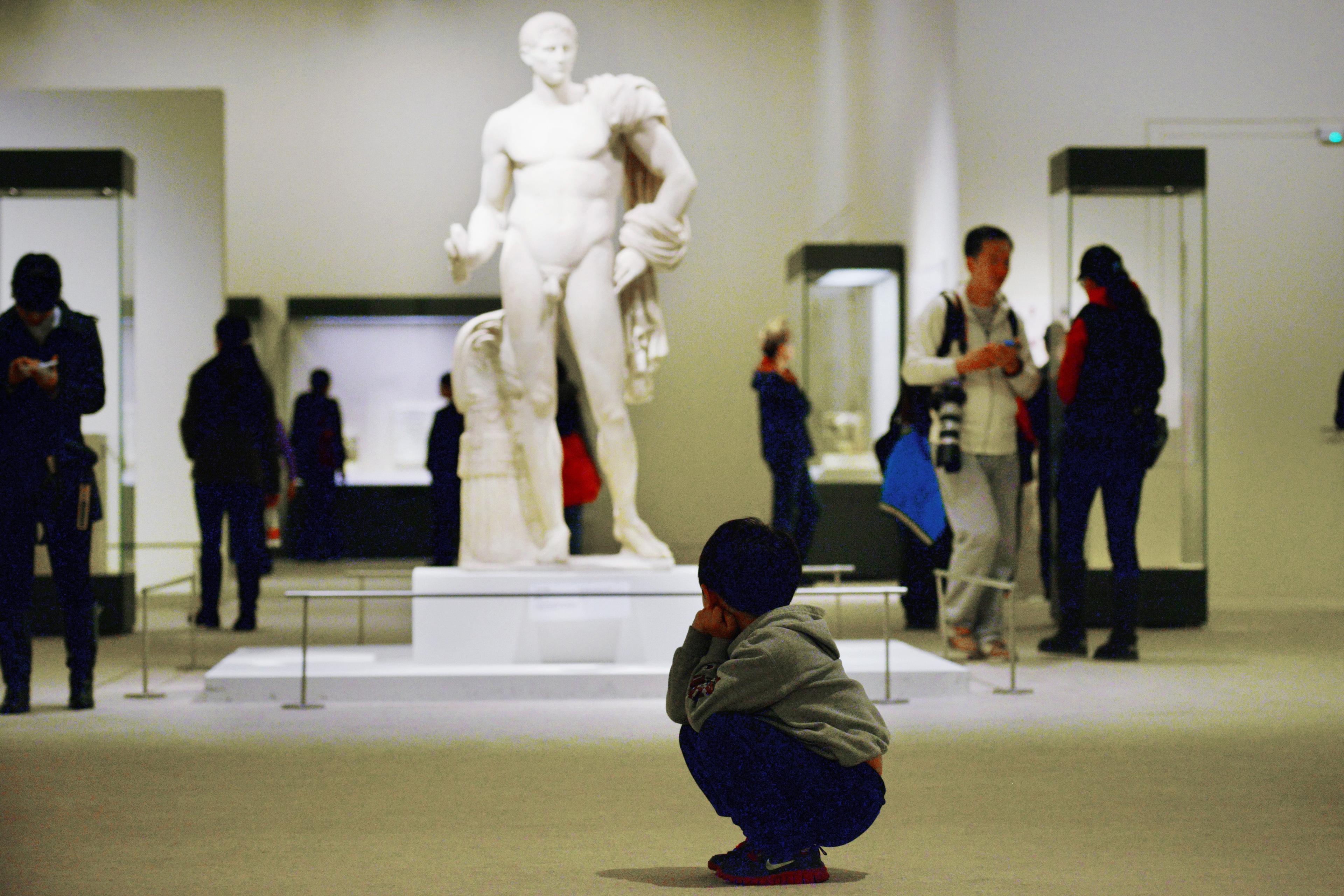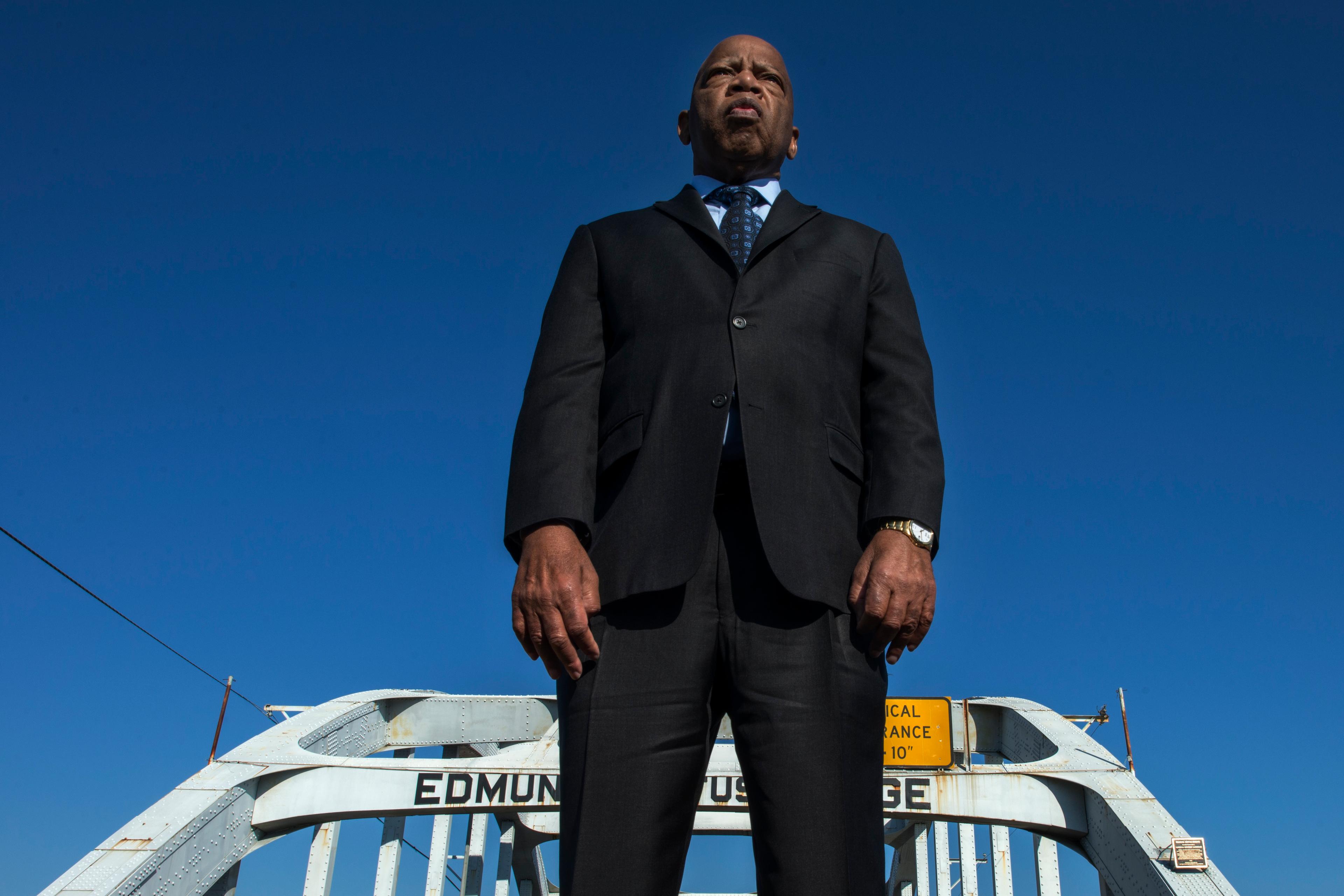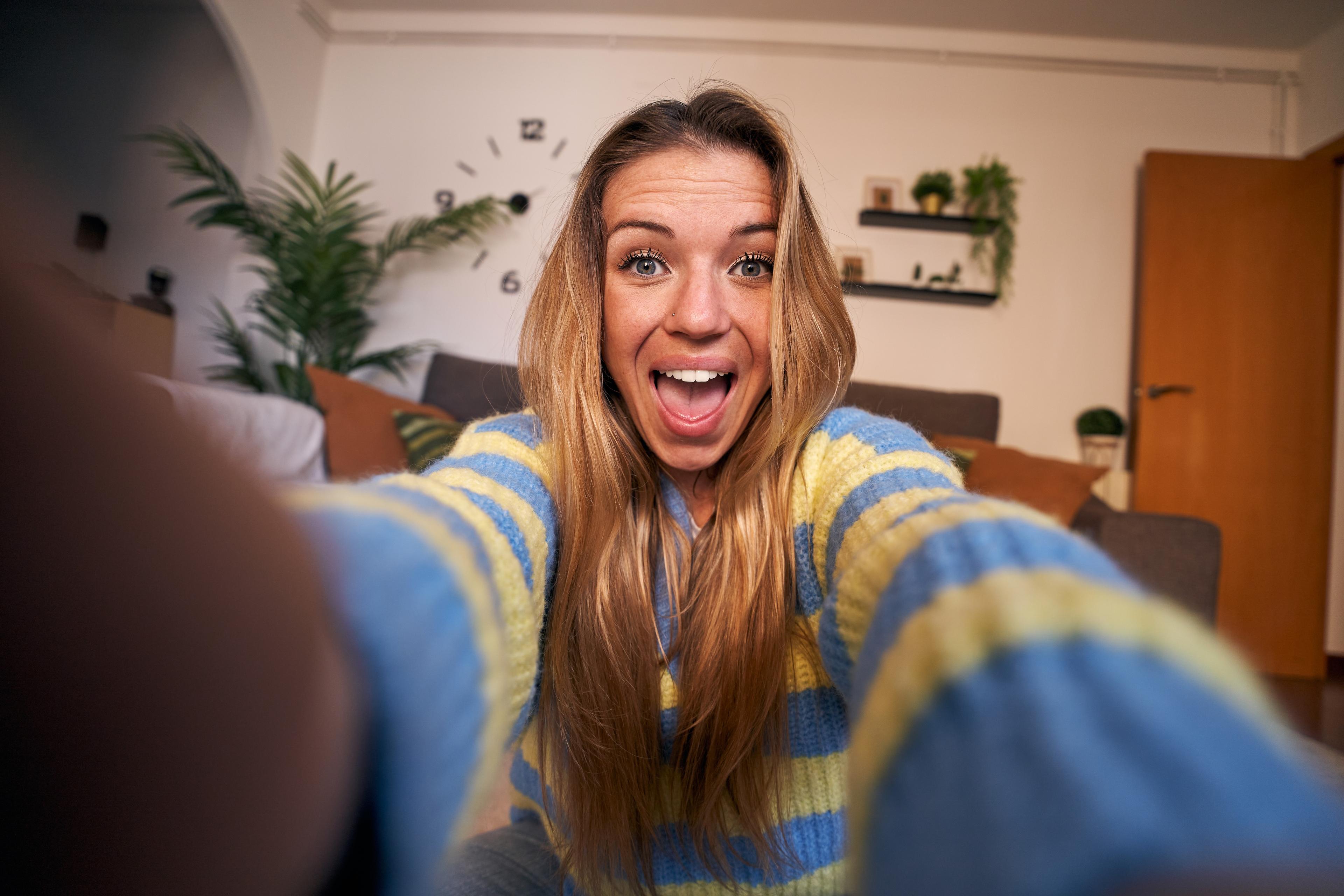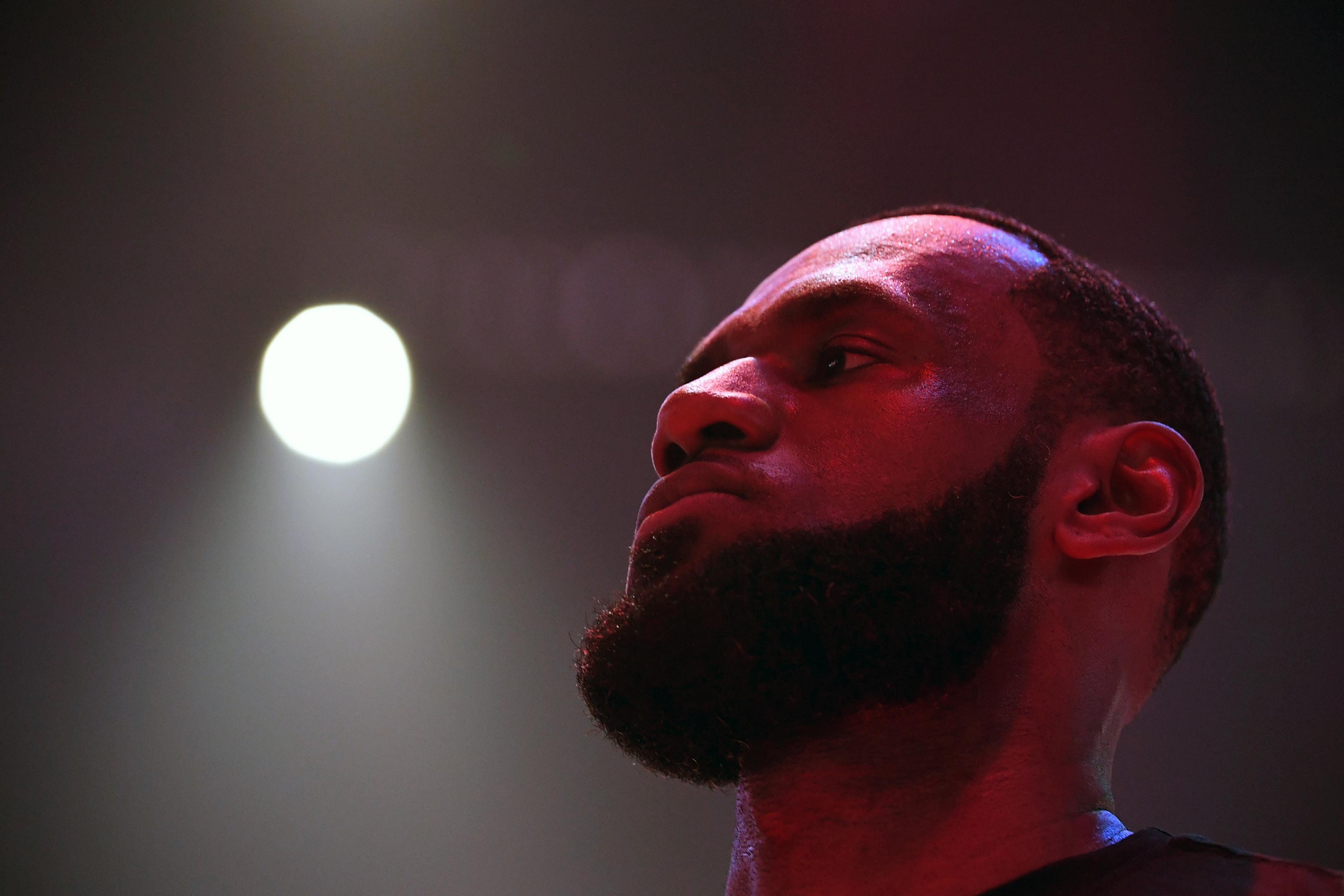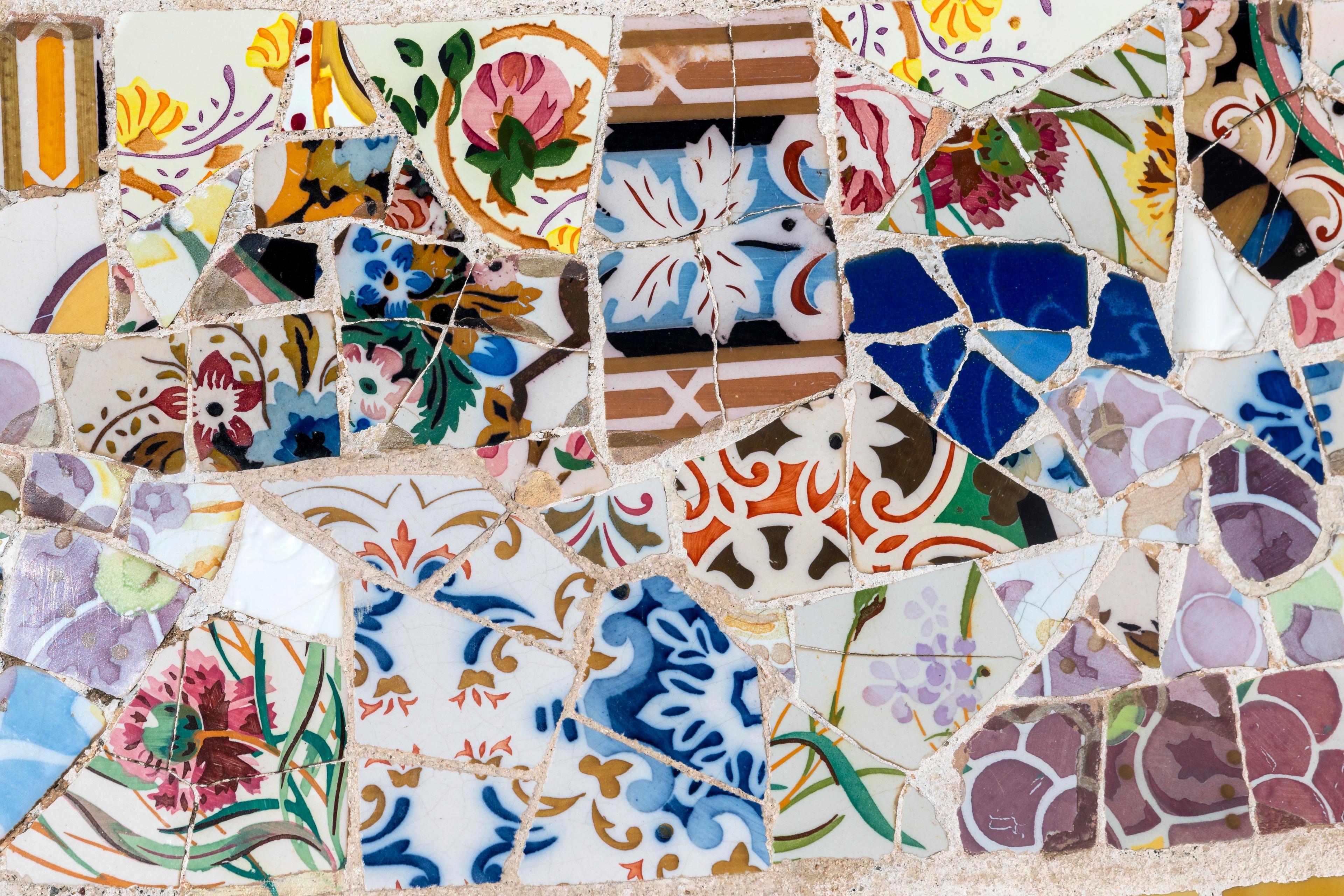Do you regularly find yourself flipping through insufferably perfect images of people’s lives on your smartphone? Do you keep track of who gets promoted at work, who upgrades their car in the neighbourhood, and whose kids get into an Ivy League school? Perhaps you can easily spot that you dress classier than your co-workers, you are smarter than your classmates, or you holiday more often than your older sister.
Seeing a friend on Instagram sipping a cocktail on a white beach looking like a million dollars can feel good or bad. The emotions we experience when seeing others doing great – admiration, wonder, contentment or, conversely, jealousy, anger, resentment – result from a comparative function of our brains. We compare physical objects according to their magnitudes, structures and qualities. We also compare things that are not physical but affect our day-to-day lives, such as prices when going down to the shops or ideas when voting in elections. We also compare socially constructed values of status, prestige and popularity, which are essentially linked to possessing or accessing goods such as luxurious cars, swanky wardrobes or a Harvard-type education. Better beats worse. That is why we often feel good when we compare ourselves with those who are worse off. We naturally find pleasure in the fact that we are more successful than others or that our favourite sports team beats their rivals. We may sympathise with the losing team, we may fear that our less successful peers will struggle financially, or pity those who hit a streak of bad luck.
Scholars have identified three directions in social comparison, which is what social scientists call this behaviour. First, upward comparison is when we compare ourselves ‘up’ with the better-off. Second, in downward comparison, people compare ‘down’ with those they perceive to be worse off in some respect. Third, we also compare horizontally with those we perceive as doing roughly equally well as us in a given area, whatever it is. Upward comparison informs us that we are onto something that we value, and comparing down is a reaction to something that we perceive as deficient or unsatisfactory. A friend’s mastery in playing clarinet can be a cause of admiration or envy when we wish we had that ability; it can also produce in us pity or contempt if we think that they wasted their time and money on learning a totally unusable skill. Of course, we can also be indifferent about it altogether.
Horizontal comparison has several important roles in society. It standardises benchmarks for appropriate and expected behaviours, and these are often geographically and culturally determined. It is a no-no to chew gum on public transport in Singapore, while no one cares about that in many other parts of the world. You are expected to be decently clad at a house of worship but not on a beach. Horizontal comparison helps us calibrate various aspects of our life such as efficiency in education, sport and the workplace. We should not expect a child to be as skilled as an adult in counting numbers; we should not expect a rookie to outshine a seasoned player.
While social comparison has a range of positive aspects, recent research on social comparison among young adults points toward adverse consequences of social comparison to wellbeing. The advent of social media has significantly amplified the frequency of our comparisons with others. And while before Instagram, TikTok and Facebook we compared ourselves with our family members, classmates, workmates or people from our community, now we compare our lives with the whole world. Upward social comparison behaviours are correlated with depressive syndromes in young adults. Rather than motivating us to aspire to betterment, the amassing of encounters with idealised versions of the lives of other people discourages us from acting. We are faced with countless examples of people being better than us in all areas of our lives. The dominant emotions experienced with frequent upward comparisons are jealousy and anger, but also self-loathing, hopelessness and boredom.
The addictive element to social media platforms makes our comparing with others more habitual rather than sporadic
When feeling bad as a result of social comparison with the better-off, we tend to seek comfort in downward comparison. We scour the internet for viral videos of people who are deficient in some respect: the pranked, those who make clumsy mistakes or participate in unflattering situations, the impoverished or vulnerable. We indulge our self-esteem by observing the worse-off, savouring condescension, mockery or false pride. As is true with any such ill-pleasures, we become dependent on the fleeting gratifying nudges. We require more downward comparisons to sustain our comparative habit, and as not all social comparison is conscious and actively willed, keeping it in check may become a daunting task.
Social comparison in the age of social media networks has exacerbated the occurrence of narcissism, voyeurism, emotional exhibitionism and attention-seeking. Surely, we need acknowledgement of our merits. We need to share our inner selves with others. However, natural needs grow destructive when blown out of proportion. Self-absorption and blatant entitlement are married with growing dependence of general well-feeling on mass and anonymous appreciation. ‘Likes on social media are addictive because they affect your brain, similar to taking chemical substances. Likes symbolise a gain in reputation, causing you to constantly compare yourself to your peers,’ writes the addiction counsellor Steve Rose. This addictive element to social media platforms makes our comparing with others more habitual rather than sporadic. While we naturally gain most when we mingle and share our life experiences with our close ones, emotional exhibitionism both takes away something intimate about our inner life and blurs the line between our true companions and complete strangers. By compulsively checking the popularity of our shared content against that of others, we impair our ability to focus and build meaningful and lasting relationships with people.
So social comparison has strong demerits, but it is not all bad. We should not panic when we find ourselves comparing with others. By comparing up, we may gain knowledge from people’s own experiences of succeeding in demanding situations. Their experience may offer useful insights about the world and good ways to live in it. We can also be inspired by their actions and ‘nudged’ to do the right thing. We need persons of exemplary conduct such as Martin Luther King, Jr, Malala Yousafzai, Serena Williams, and other leaders and role models. They can show us that it is possible to become someone in the world by doing the right thing in challenging circumstances. Looking more closely at our friends and family members can inspire us by their example to better ourselves in numerous areas of our lives, such as relationships, education and job success, but also in allocating time to invest in our future or the future of our dependents. Writers, car mechanics, shopkeepers, lawyers, brokers can improve in their trade when they acknowledge that someone is doing things better than them. We should not shy away from identifying our deficiencies and asking others: ‘What is your secret to being so good at your job?’
The philosopher David Hume acknowledged the positive role of social comparison in our search for our individuality. We naturally look for similarities and differences between ourselves and other people. This helps differentiate us from others, but also build relationships with those who are in some way like us. This proximity with our likes builds a special connection with them that Hume calls ‘sympathy’. Social comparison is the mechanism behind our own self-evaluation and the assessment of others. Comparison influences with whom we hang out and whom we care about. Hume also brings to light how social comparison influences our feelings. Our sense of happiness is not dependent, for Hume, on objective markers (education, roof over our heads, financial stability), but on their comparative value (Ivy League education or vacationing in Maine). It allows us to appreciate the worth of socially constructed principles of morality such as agreeableness, benevolence and fairness. Social comparison helps us identify our own deficiencies and stimulates us to mitigate them. Without social comparison, we would not be motivated to better our situation by improving our education, living standards and social relations.
In contrast, the philosopher Søren Kierkegaard offers a stark criticism of our comparative dispositions, pointing out the addictive nature of our comparing with others. We learn from Kierkegaard that it eventually ‘overwhelms a person’ and makes their life subservient to the standard of uniform mediocrity of tastes and values. The fact that we are not always aware of when social comparison is activated in various life situations means that we may struggle to keep it under control. Rather than focusing on our own wellbeing, we may be preoccupied with anxious and compulsive measuring of ourselves against other people.
Some of these comparative patterns may have been ingrained, and it can take a little work to see them
Drawing on Kierkegaard’s critical take on social comparison, we can identify four ways of avoiding its worst pitfalls. First, it is key to understand how social comparison works and its consequences to our overall wellbeing. Looking at other people and imitating their desires and values to build our social standing, fame and reputation is a costly strategy for our own psychological needs. It will keep us in what Kierkegaard calls a state of ‘despair’. In plain words, being in despair means oscillating between an anxious curiosity to know what others think of us and a fear of missing out on what makes other people happy.
Second, as the father of existential psychology, Kierkegaard invites us to cultivate self-observation. To deal with social comparison, try to identify the people you tend to compare yourself with the most and the types of emotions you experience when it happens. Analysing your comparative behaviour will help you identify patterns and reveal deeper feelings. These might be problems you are facing, such as low self-esteem, hopelessness about the future, boredom, and even self-loathing. Kierkegaard is a realist regarding the influence of our upbringing on our lives. If your grades and achievements were constantly compared by your parents with those of other pupils or your siblings, you may be in a worse-off situation than those who didn’t have to endure this. Some of these comparative patterns may have been ingrained into you, and it can take a little work to see them.
Third, to combat our social comparison tendencies, we ought to realise that we are, after all, individuals. One way to achieve that is by visualising images of ourselves as existing in the future and identifying concrete steps needed to attain desired states. These images include our hopes and values, and among them Kierkegaard sees ‘being oneself’ as the primary human concern. Fourth, Kierkegaard suggests that we should strive to look at other people in a non-comparative mode. The philosophy professor John Lippitt argues that for Kierkegaard, rather than being focused on ourselves and thinking about what other people think of us, it is crucial that we should be less inward-looking and more outward-looking. This means being less about us and more about others. In this sense, we mustn’t strive to be like other people, but rather we should accept them without a competitive agenda. The last thing I would suggest is self-compassion. Be kind to yourself, understand your limitations, and forgive yourself when you realise: ‘Oops, I did it again.’

